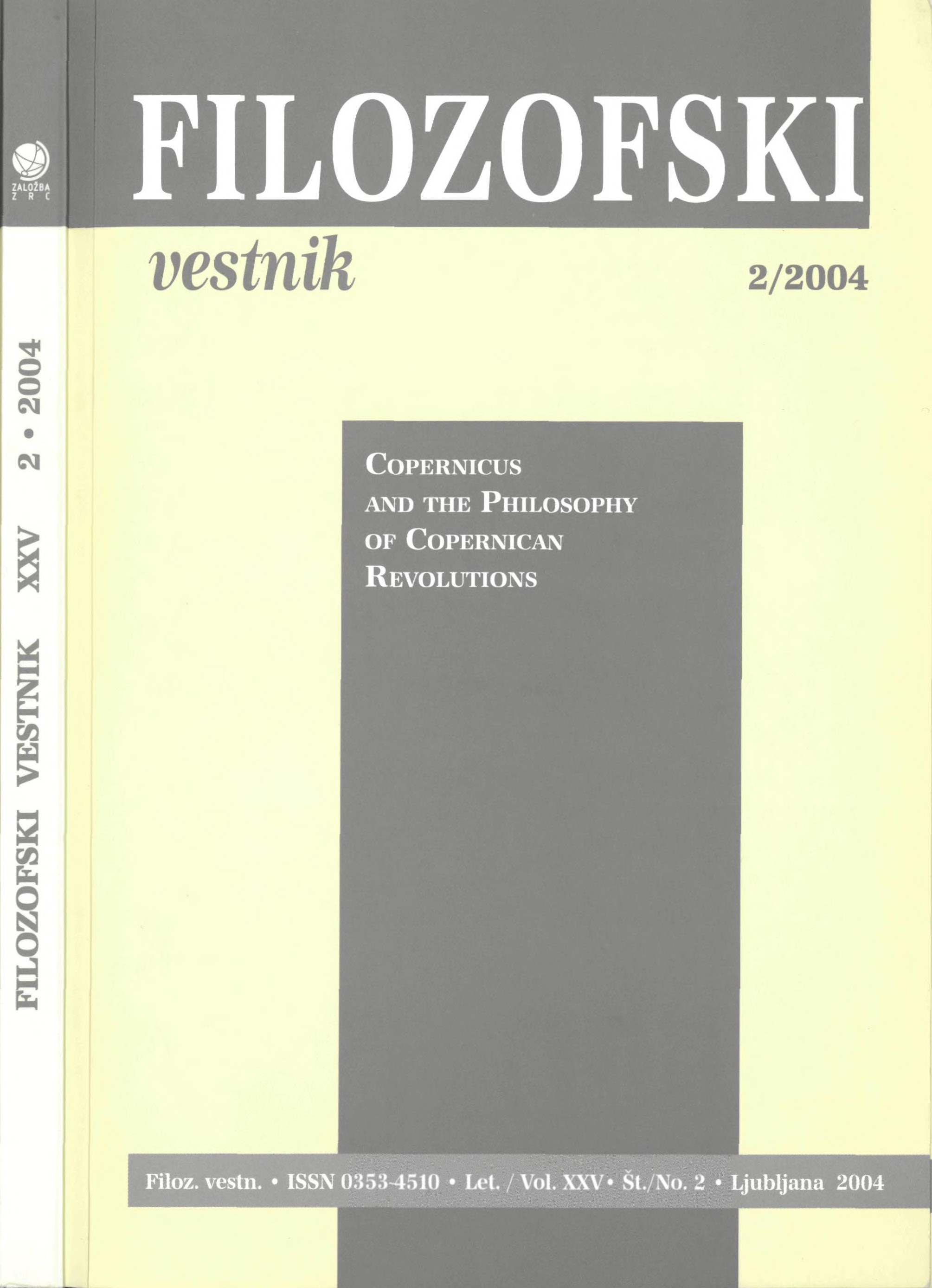The Beginnings of a Modern Copernican Revolution
Povzetek
The Copernican revolution of the 1500s and 1600s was in large part due to new theories and discoveries, which indicated that the general view of the universe – the more or less Aristotelian, teleological view – was no longer viable. This revolution eventually resulted in a substantially different view on the sort of universe we inhabit. New discoveries in recent years, involving Bell’s theorem, quantum theory, and the outcome of carefully designed and replicated experiments, strongly suggest that the general view of the universe we have had since the Copernican revolution is no longer viable. The main goals of this paper are (i) to present Bell’s theorem and the results of these recent experiments in a way accessible to a non-technical audience, and (ii) to explore the question of whether these new discoveries place us in a similar situation to that of our predecessors in the early years of the 1600s, or roughly, whether we are in the beginning stages of a modern Copernican revolution.Prenosi
Podatki o prenosih še niso na voljo.
Prenosi
Objavljeno
2007-01-01
Kako citirati
Dewitt, R. (2007). The Beginnings of a Modern Copernican Revolution. Filozofski Vestnik, 25(2). Pridobljeno od https://ojs.zrc-sazu.si/filozofski-vestnik/article/view/3198
Številka
Rubrike
Copernicus and the Philosophy of Copernican Revolutions
Licenca
Avtorji jamčijo, da je delo njihova avtorska stvaritev, da v njem niso kršene avtorske pravice tretjih oseb ali kake druge pravice. V primeru zahtevkov tretjih oseb se avtorji zavezujejo, da bodo varovali interese založnika ter da bodo povrnili morebitno škodo.
Podrobneje v rubriki: Prispevki





